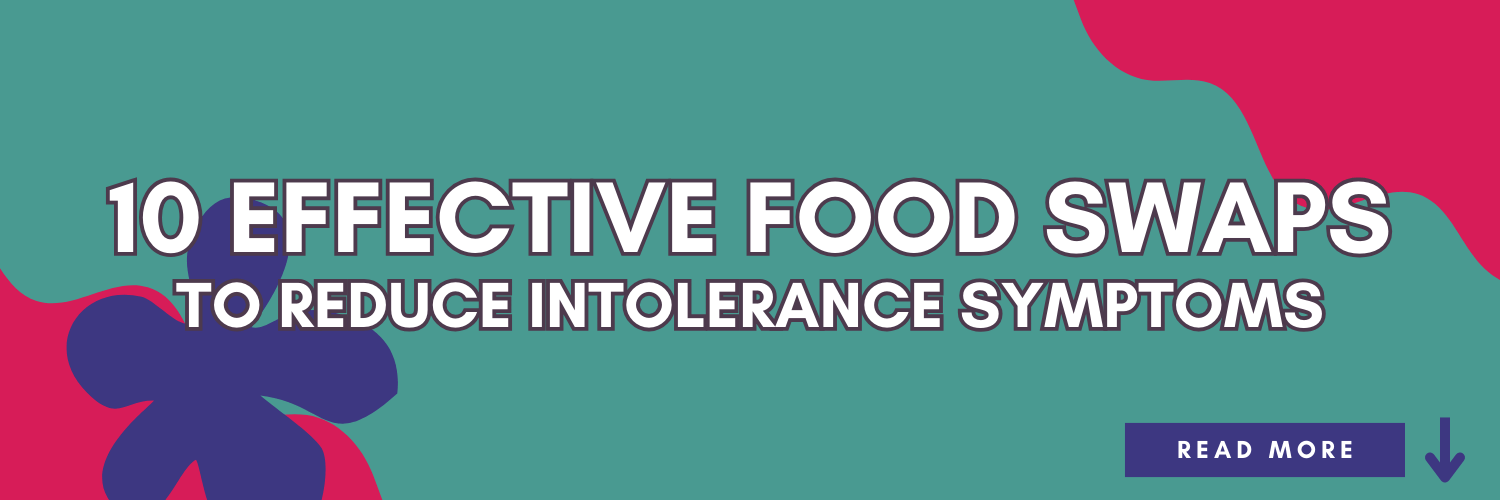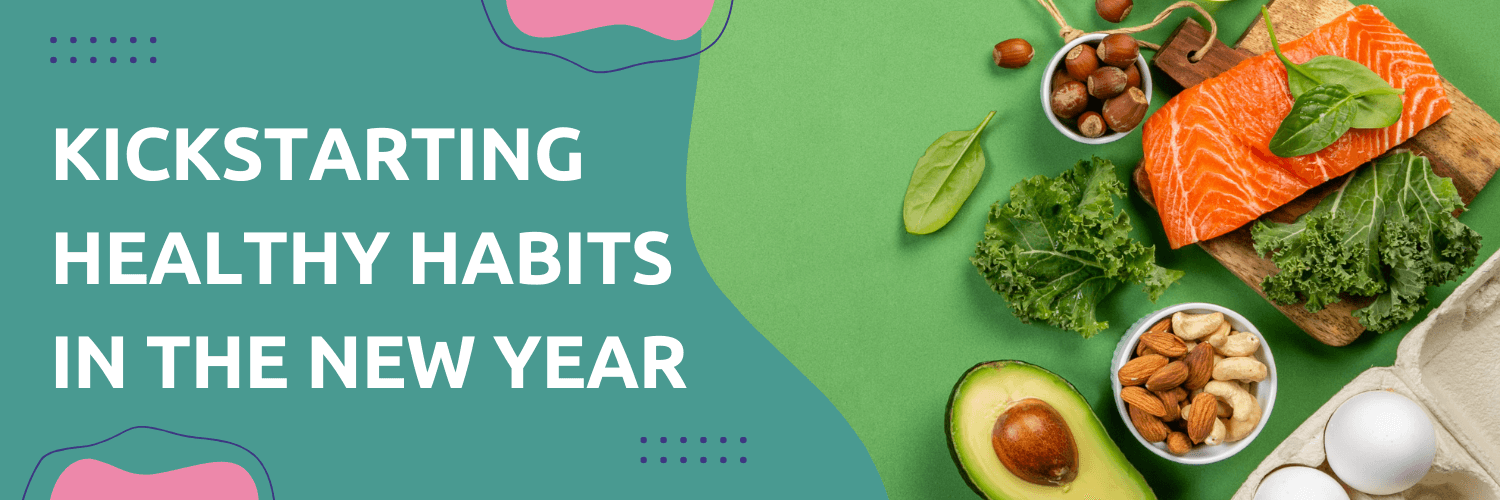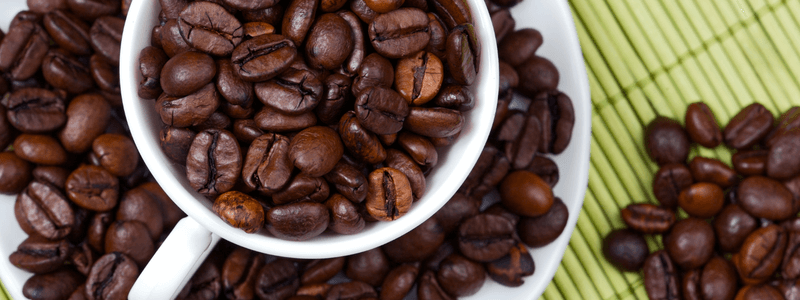Feeling tired is a very common complaint, with roughly a third of otherwise healthy adults and teens complaining of feeling tired or fatigued. It’s a common symptom of several conditions and diseases, but in most cases, it is caused by simple lifestyle factors. A common reason we’re always tired is our diets.
Many people unwittingly suffer from intolerances and sensitivities to foods they eat daily. With constant tiered ness a common symptom of sensitivity.
Food sensitivity is where your body struggles to properly digest a certain food. These foods can cause you to feel tired because extra energy has to be taken from somewhere else and put into digestion. A food sensitivity might also make you feel bloated, which is another major energy drain (who feels ready for a sprint when they’re bloated?).
So which foods are the worst offenders?
Caffeine
It seems like a total contradiction. After all, caffeine is our go-to fatigue fix! But whether it’s from coffee, tea or a cheeky afternoon chocolate treat, your caffeine consumption might be making you more tired rather than less.
Some people are sensitive to the substance and even find themselves experiencing sensitivity symptoms often relating to digestion.
Dairy
First, it’s important to note that there is a difference between dairy intolerance and lactose intolerance. Lactose intolerance is down to the enzyme lactase and other workings of the body, whereas a dairy sensitivity is simply when someone’s body builds up a sensitivity to dairy. Be sure not to confuse the two.
Many people are sensitive to dairy, even the food manufacturers are catching on, offering plenty of dairy alternatives for customers who find out they have a dairy sensitivity.
Insoluble fibre
There are two types of fibre, soluble and insoluble. Think of the two types of fibre as an on-off switch. Soluble fibre slows things down in your digestive tract, helping with diarrhoea, while insoluble fibre can speed things up, alleviating constipation.
The thing is, some people find insoluble fibre to cause more problems than it fixes. This is especially common among IBS suffers, where it’s known to worsen diarrhoea.
Foods with a lot of insoluble fibre are difficult to digest, so the body has to pool more resources into digestion.
Gluten
Gluten is the general name for proteins found in wheat, rye, and barley. Similar to lactose intolerance, gluten becoming increasingly common around the world.
Just like the difference between lactose intolerance and dairy sensitivity, gluten sensitivity and coeliac disease are also very different. At Test My Allergy, we can tell if you have a gluten sensitivity or wheat sensitivity, but not Coeliac Disease.
FODMAPs
It sounds like something from your school days and stands for Fermentable Oligosaccharides, Disaccharides, Monosaccharides, and Polyols. In short: fermentable sugars. These short-chain sugars don’t get fully digested in your gut and can be excessively fermented by your gut bacteria. Yikes.
A FODMAP sensitivity is mainly due to functional issues like small intestinal bacterial overgrowth (SIBO). The excessive fermentation from your gut bacteria releases hydrogen gas which can lead to distension of the intestines—which can cause symptoms in some people like pain, gas, bloating, constipation, and diarrhoea.
The worst part is that most high-FODMAP foods are healthy, real foods. But, like with all diets, what works for one person may not be right for everyone.
How do I know which foods are making me always tired?
A good way to figure out which foods are making you tired is with an elimination diet. But we’ve only covered a few of the foods that might be causing your fatigue. Rather than testing anything and everything, it’s a good idea to filter down to those that are most likely to be the issue, through proper testing. You can get tested here against these and over 600 more items to see which foods in your diet might be the problem.






